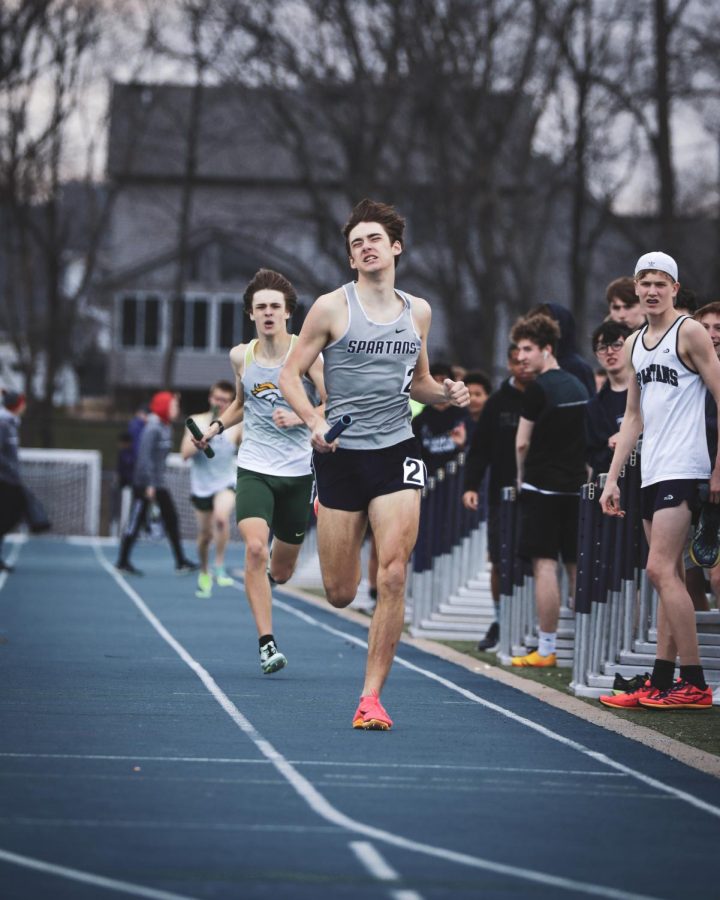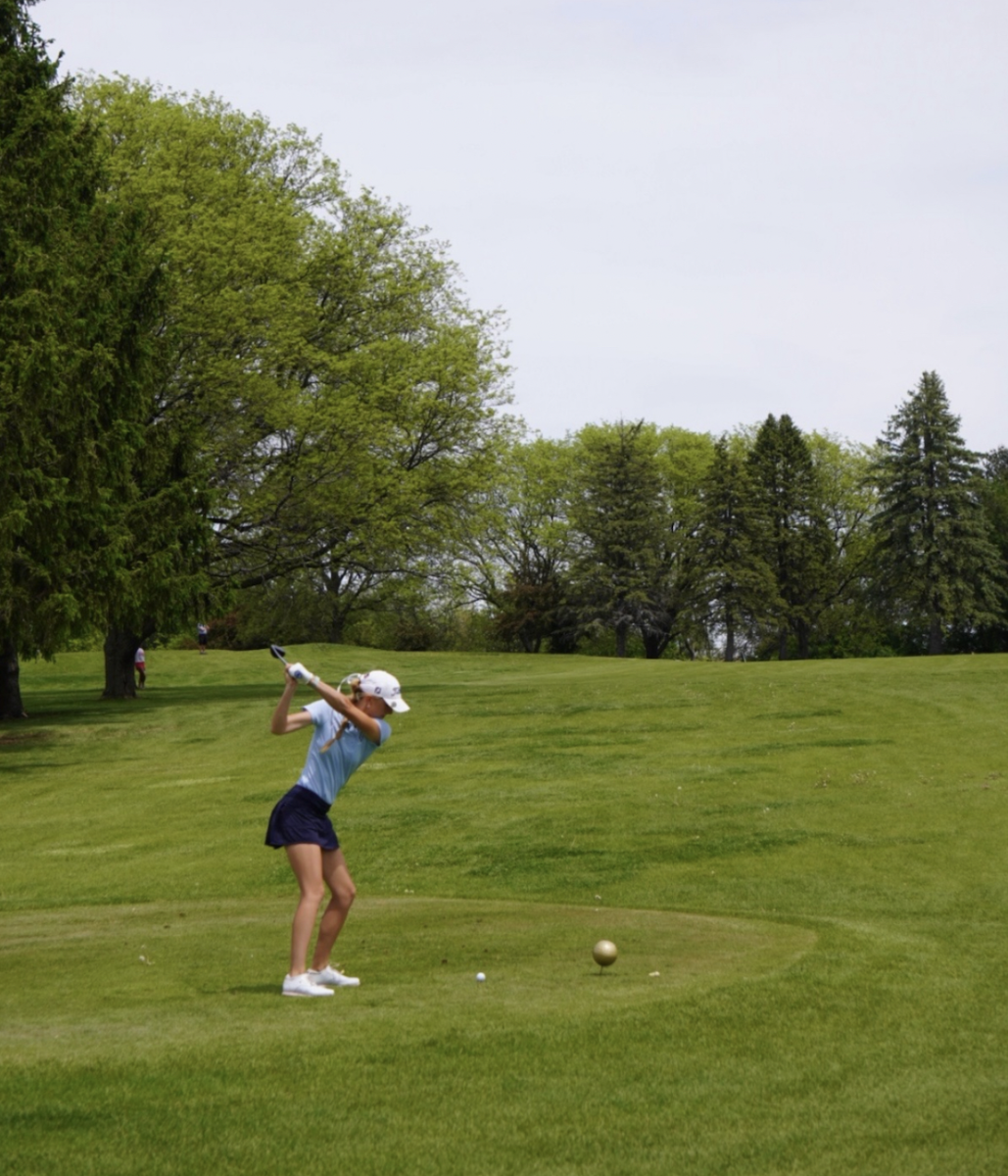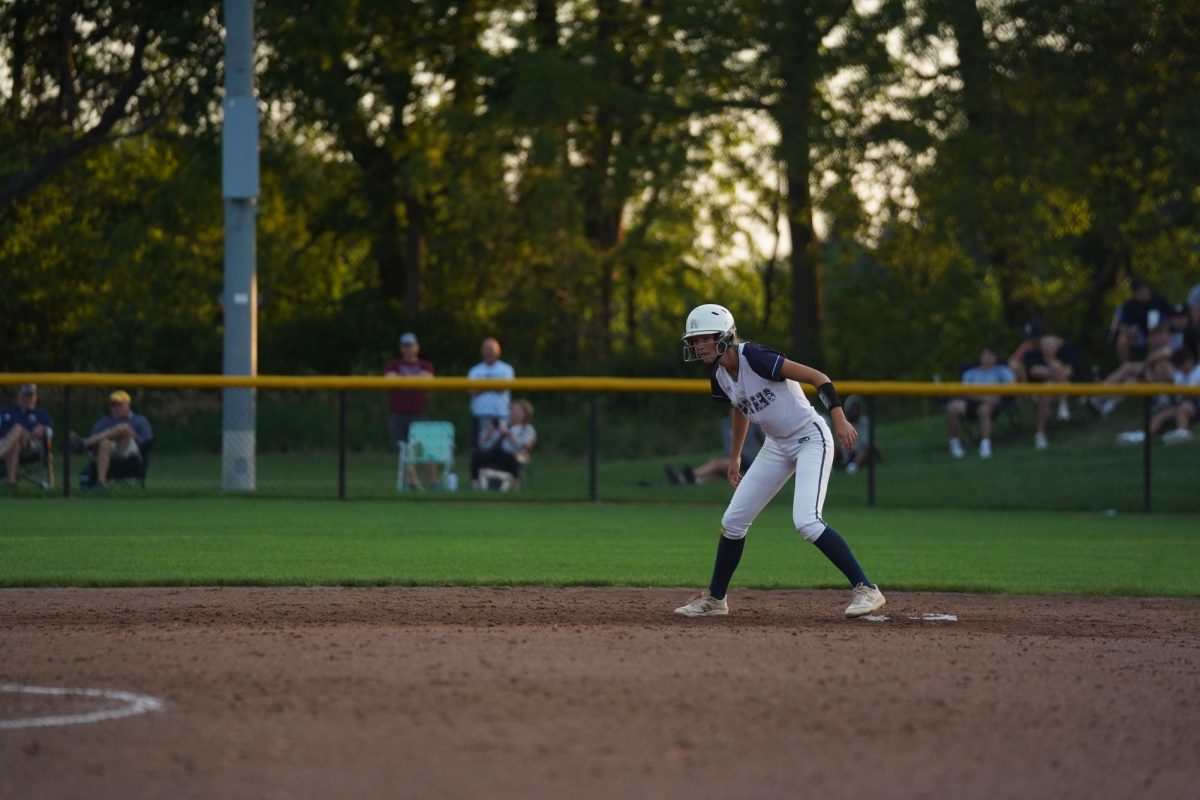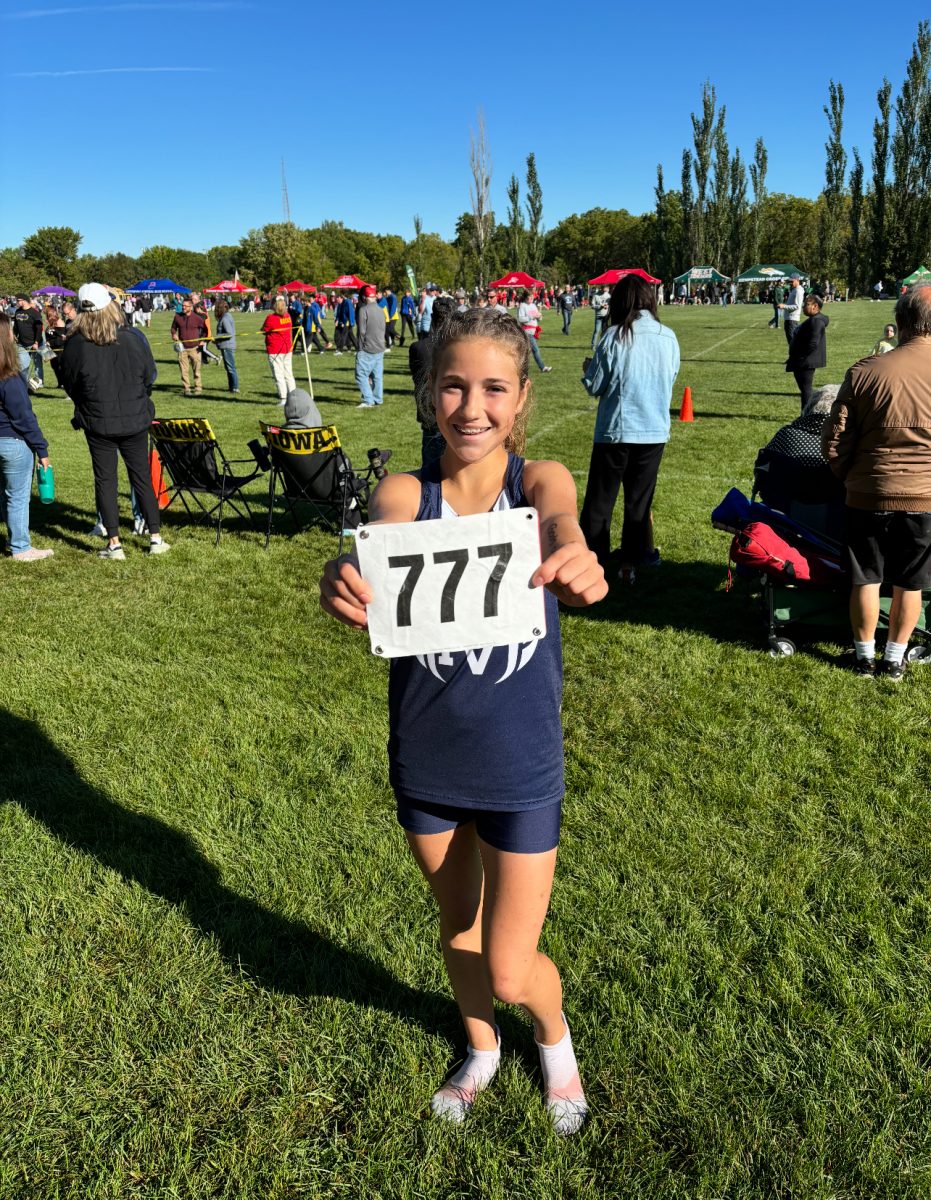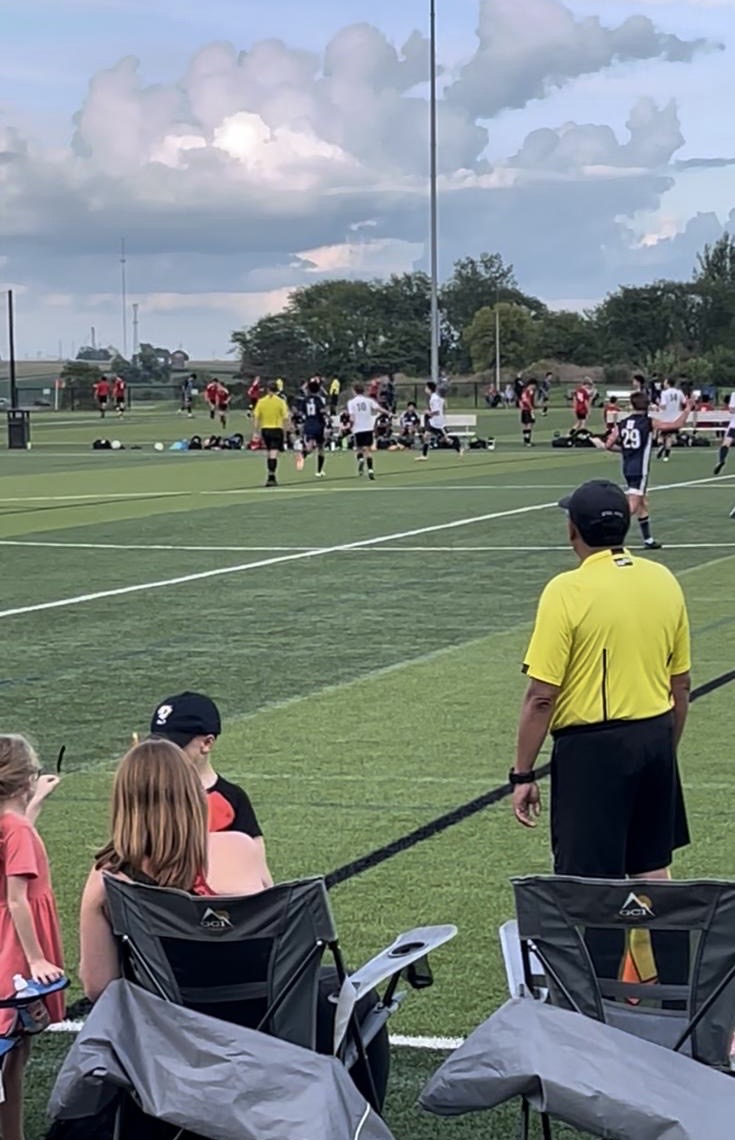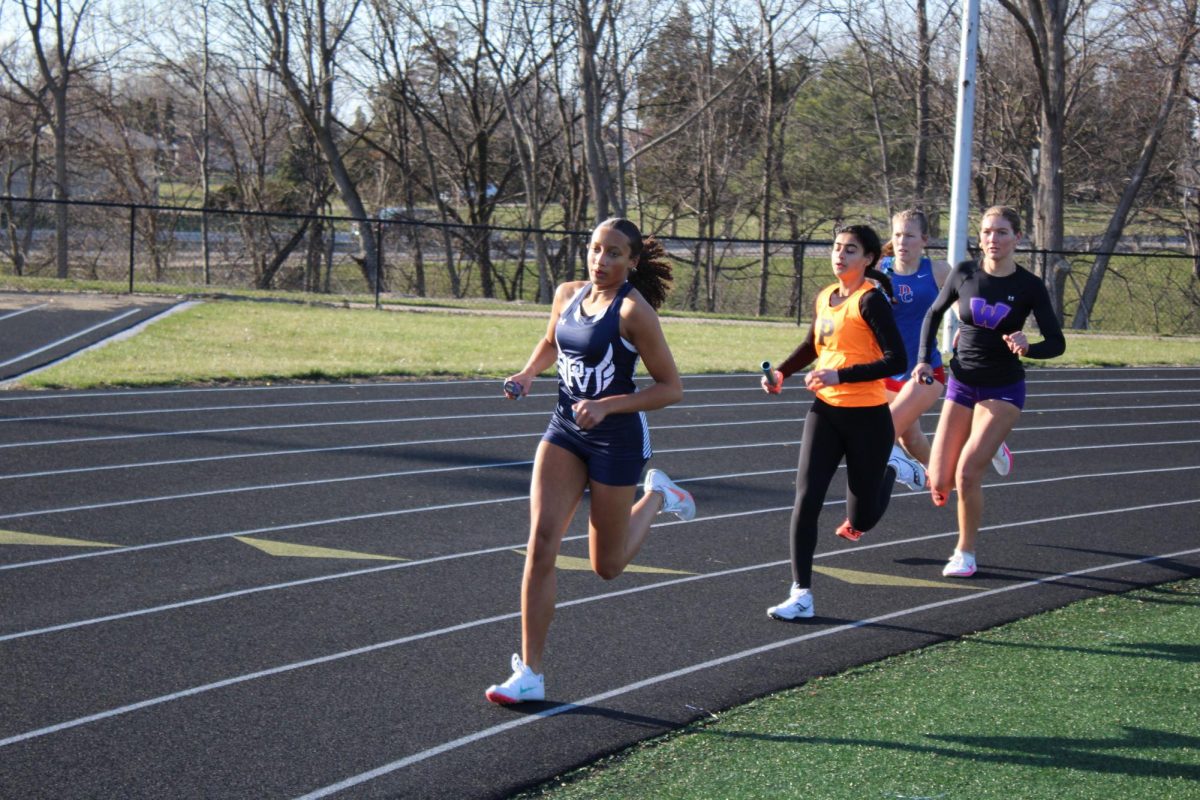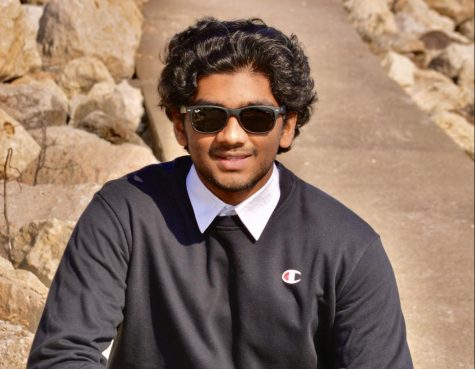As spring sports renew for another season, anticipation arises for records the Spartans will break this year. Seniors are hoping to round off their last year in their athletic career with outstanding results and lasting memories. However, this year, some senior athletes made a choice to not return to the sports they competed in previous years.
Some affected by “senioritis” and others preferring to participate in other activities, the seniors quit their spring sports.
Senioritis is an all-too-familiar affliction that renders even the most diligent seniors susceptible to bouts of procrastination, ultimately resulting in idle lounging and neglect of academic responsibilities. Senioritis holds a valid standpoint though. These seniors worked hard for three and half years, giving it their all to succeed academically and in their extracurriculars. Once they’re done applying to colleges, their motivation to work slowly decreases as they long to graduate from high school.
With this reasoning, some seniors just didn’t have the energy to keep going.
Senior Asvantth Paranidharan is one such senior. “High school has been really stressful for these past four years. If I did track for one more year, it would’ve not been good for me, especially as it’s hard to get motivated to do work. Instead, I chose to do tennis, where it’s less strenuous and I don’t have to put as much effort,” Paranidharan shared.
Not all suffer from senioritis, however. Some just want to spend their time in other ways. Senior Gretchen Highberger, a 4-year varsity cross country runner and a 3-year varsity track runner, chose not to participate in track this year.
“Even though it’s senior year, my workload has stayed consistently tough, especially with all the wrapping up stuff that we have to do as seniors. There’s also no cross country next year, which is what I used track to prepare for. With these in mind, I made the call to quit track, knowing that the team was already stacked this year,” Highberger shared.
With an already stressful senior year, it’s hard to add another strenuous activity. Practices require at least a 15 hour commitment per week. In addition to the time commitment, meets and games are mentally and physically straining, causing athletes to lose focus on their schoolwork.
Highberger’s sentiments were also shared by senior Pranav Suresh, who was also a four-year cross country runner and a three-year track runner. “Doing track last year made me realize how much time it took up. This year, I stopped doing track but I still kept running on my own. This way I have more freedom and can run on my own terms. I can do my homework on time and still enjoy running,” Suresh commented.
Suresh and Highberger realized that participating in track would only cause many sleepless nights of coming home from practice and doing homework throughout the night. They are using their extra time to practice Ethics Bowl, for which they are competing at the national level.
While some quit to save time, others quit to focus on prioritizing other activities. Senior Isaiah Steele couldn’t do track due to focusing on robotics. “I wanted to do both robotics and track but could only choose one due to timings. I ultimately chose robotics. Although I enjoy running, I can just run on my own but I can’t create a robot on my own, so I had to sacrifice the track season,” Steele shared.
The decision to quit a sport, especially during one’s senior year, is not an easy one. But for some, the commitment required for practices, games and meets is too much to balance with academic responsibilities. While some may see quitting a sport as giving up or losing out on potential success, seniors showcase a valuable life skill that surpasses simply knowing when to take a break.


